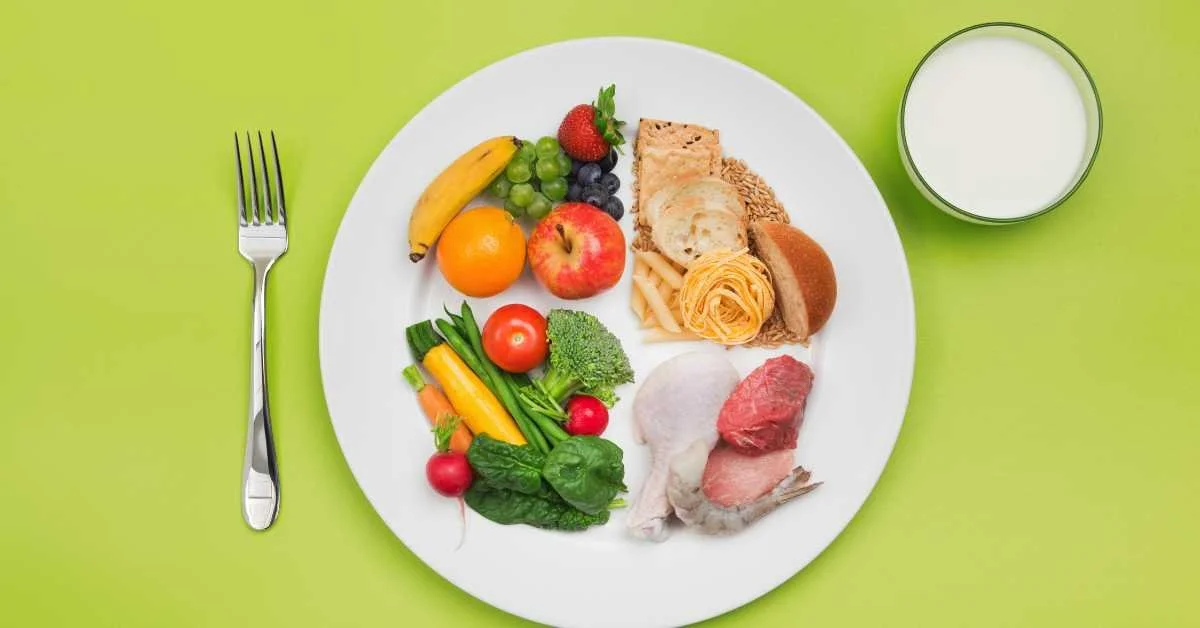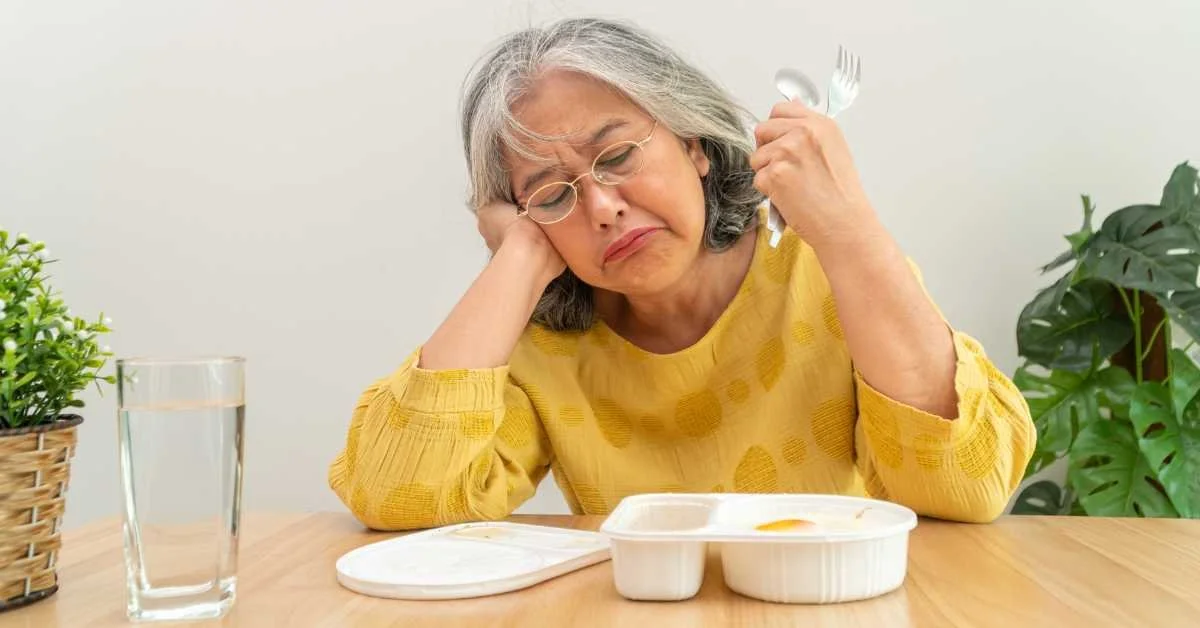Eating Well After 60 in Singapore for Healthy Aging
Good nutrition is vital for seniors. After age 60, a balanced diet helps preserve independence, muscle strength and bone health, while reducing the risk of chronic diseases. For example, studies note that a nutritious eating pattern can extend the number of healthy, active years of life. In Singapore, local health authorities likewise emphasize eating nutrient-rich foods – like plenty of vegetables, fruit, lean protein and whole grains – to support healthy aging. A healthy diet in your 60s and beyond can help manage common conditions (high blood pressure, diabetes, high cholesterol) and keep you feeling your best.
As we age, our bodies change and so do our nutritional needs. After 60, many people become less active and their metabolism slows down, so they need fewer calories. At the same time, appetite often decreases, meaning seniors eat smaller meals. This makes it important to pack more nutrients into each bite – focusing on vitamins, minerals, protein and fiber even in smaller portions. Aging also affects nutrient absorption: for example, older skin makes far less vitamin D from sunlight, and stomach changes can reduce Vitamin B12 absorption. Meanwhile the body tends to lose muscle mass (sarcopenia) and bone density with age. Adequate protein, calcium and Vitamin D intake are therefore crucial to help preserve muscle and prevent osteoporosis.
Slower metabolism & smaller appetite: After 60, you burn fewer calories (less “kilojoules”) and may feel hungry less often. Eating smaller, nutrient-dense meals and snacks helps get needed vitamins and protein without overeating.
Nutrient absorption: Older skin and digestive changes mean you make less vitamin D from sunlight and may absorb B12 less efficiently. Seniors often need extra vitamin D (many experts recommend ≥600 IU daily after age 50 and should include B12-rich foods (meat, fish, dairy or fortified cereals) or supplements.
Muscle loss (sarcopenia): Natural loss of muscle mass can be countered by eating enough protein and doing strength exercises. Protein builds and preserves lean muscle, supporting an active lifestyle and metabolism.
Bone loss (osteoporosis): Aging bones need more calcium and vitamin D. Post-menopausal women and men over 70 typically need ~1,200–1,300 mg calcium per day. Good sources include dairy, fortified soy milk, tofu and small fish with edible bones. Vitamin D helps the body absorb calcium for bone health.
How to Build a Balanced Plate for Seniors
A well-balanced plate helps seniors get all necessary food groups. Aim to include all five food groups at each meal: vegetables, fruits, whole grains, protein foods, and dairy or dairy alternatives. In practice this means filling half the plate with colourful veggies and fruits, and splitting the other half between whole grains (brown rice, wholemeal noodles/bread) and protein (fish, chicken, tofu, eggs). For example, a lunch might be brown rice with steamed fish, stir-fried mixed vegetables and a side of fruit or a small glass of soy milk. Using a smaller plate can naturally encourage balanced portions. Also plan meals in advance: cooking extra vegetables for soups or stews, or pre-cutting fruits and veggies, makes it easier for seniors to eat a variety.
Include lots of vegetables and fruit. Try to eat at least 2–3 servings of vegetables and 1–2 servings of fruit daily. Singaporean favourites like kai lan, spinach, pumpkin or carrot can be stir-fried or added to soups. Fruit desserts (papaya with lime, diced pineapple) are tasty ways to add fiber and vitamins.
Choose whole grains. Replace white rice and noodles with brown rice, wholegrain bread, oats or barley. These add fiber and nutrients. A bowl of oatmeal (with milk) or wholegrain mee hoon soup with greens is a heart-healthy option for breakfast or supper.
Pick lean protein. At least one-quarter of the meal should be protein. Good choices include fish (e.g. steamed fish or fish soup), chicken (without skin), eggs, lean pork, beans and tofu. Try local dishes like steamed fish with ginger, chicken congee or tofu and vegetable stir-fries.
Add dairy or alternatives. A serving of dairy (e.g. low-fat milk, yogurt) or calcium-fortified soy/almond milk provides calcium and other nutrients. For example, drink a glass of milk or soymilk with breakfast or have yogurt with fruit.
Above all, focus on moderation and variety. Singapore’s “My Healthy Plate” concept (half vegetables, quarter whole grains, quarter protein) is a useful guide even for seniors. By mixing and matching familiar local foods – such as brown rice porridge, steamed chicken, vegetables and fruit – seniors can enjoy tasty meals that meet their nutritional needs.
Practical Eating Tips for Elderly Singaporeans
Small, frequent meals: Seniors often feel full quickly. Instead of three large meals, try 4–6 smaller meals or snacks spaced throughout the day. For example, have a light breakfast of porridge with egg, a mid-morning fruit snack, lunch of rice/noodles with protein and veg, afternoon tea with crackers and cheese or soy pudding, and a light dinner. This helps maintain energy and nutrient intake. Remember to include protein-rich foods in each mini-meal.
Soft, easy-to-chew foods: Dental issues or weak chewing can make eating difficult. Choose softer textures: congee (porridge) with fish or meat, blended soups (pumpkin soup, fish soup), stews, scrambled eggs, tofu dishes, and well-cooked vegetables. Dishes like fish ball soup, minced meat with sauce, or a steamed egg custard are gentle on the teeth and still nutritious. Limit very tough or dry foods.
Stay hydrated: Drink fluids regularly – water, tea, soup, or coconut water – even before you feel thirsty. The body’s thirst signal weakens with age, so it’s easy to forget. Aim for about 8 cups (1.5–2 liters) per day. In Singapore’s hot climate, hot tea or soup can be comforting and still count toward fluid intake. Good habit: sip water when taking medications or with each meal.
Fortify foods where possible: To boost nutrient intake, add ingredients like powdered milk or soy powder to soups, cereals or coffee. For example, stir milk powder into coffee or tea, or blend fruit with milk to make a smoothie. This adds calcium, protein and calories without extra volume.
Flavor wisely: Use herbs, spices and citrus (lemon, lime) to flavor food instead of relying on salt, soy sauce or sugar. Too much salt can raise blood pressure. The Health Promotion Board recommends no more than 2,000 mg sodium per day (about 1 teaspoon of salt) for older adults. Try adding garlic, coriander or ginger for taste, and enjoy a dash of sambal or belacan in small amounts if you tolerate it.
Eat mindfully: Take time to chew slowly and enjoy your food. Avoid eating in front of the TV, which can lead to overeating or indigestion. Share meals with family or friends when possible for both better nutrition and social engagement.
Common Diet Mistakes Seniors Make (and How to Avoid Them)
Skipping meals or going too low-calorie: Some seniors cut calories too much or skip meals if they lack appetite. This can cause malnutrition. Solution: plan small, easy-to-eat meals and snacks. Even a cup of malted milk drink with biscuits or a small bowl of mixed porridge is better than nothing. If possible, involve family or caregivers in meal prep to ensure seniors eat regularly.
Relying on processed or instant foods: Instant noodles or canned foods are convenient but often high in salt, sugar and unhealthy fats. Limit these and choose fresh foods. For example, make a quick bowl of homemade soup with vegetables and lean meat instead of instant soup packets.
Not eating enough fruits and vegetables: Older adults may cut out fruit due to concerns about sugar or skip veggies because they’re hard to chew. This reduces fiber, vitamins and antioxidants. Remember to include fruits/veg at each meal: add banana to breakfast porridge, carrot sticks at snack time, or greens in your noodle soup. Cook veggies longer or cut them small to make chewing easier.
Inadequate hydration: It’s common for seniors to drink too little, especially to avoid bathroom trips at night. This can cause dehydration, constipation and kidney issues. Keep a water bottle nearby and sip frequently. Herbal teas or clear soups are good fluid sources.
Ignoring protein needs: Some people think they need less protein as they age, but actually protein helps prevent muscle loss. Don’t skip protein-rich foods: include an egg, fish or tofu serving even in breakfast or tea time snacks.
Excess sugar or fat: Many Singaporean treats (kaya toast, goreng snacks, sweet coffee/tea) are high in sugar and unhealthy fats. Enjoy them occasionally but not as daily staples. Choose healthier snacks like fruits, unsalted nuts, or steamed sweet potato.
By avoiding these pitfalls – and focusing on nutrient-rich, balanced meals – seniors can improve their nutrition and overall health.
Eating well after 60 is a key part of healthy aging. In Singapore, where the population is living longer, seniors and caregivers can benefit from professional guidance. Alami Clinic offers personalised nutrition and wellness advice tailored to older adults. Our doctors and dietitians can review your health needs, suggest appropriate dietary changes or supplements, and help you plan meals that fit local tastes and lifestyles. For expert support on healthy eating and aging, consider reaching out to Alami Clinic so you can enjoy the coming years in good health and good spirits.



